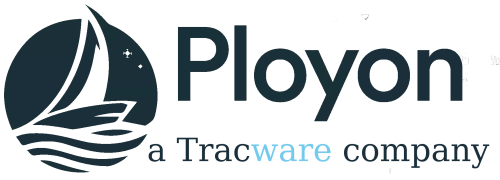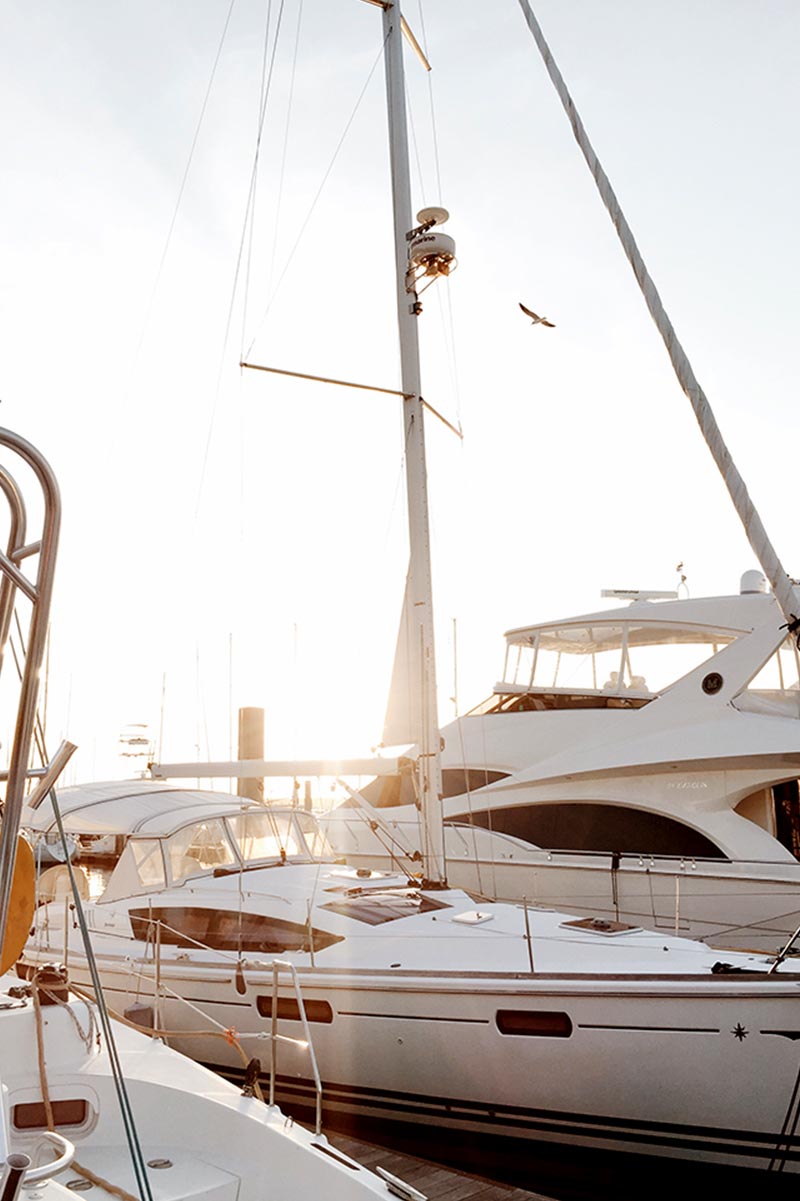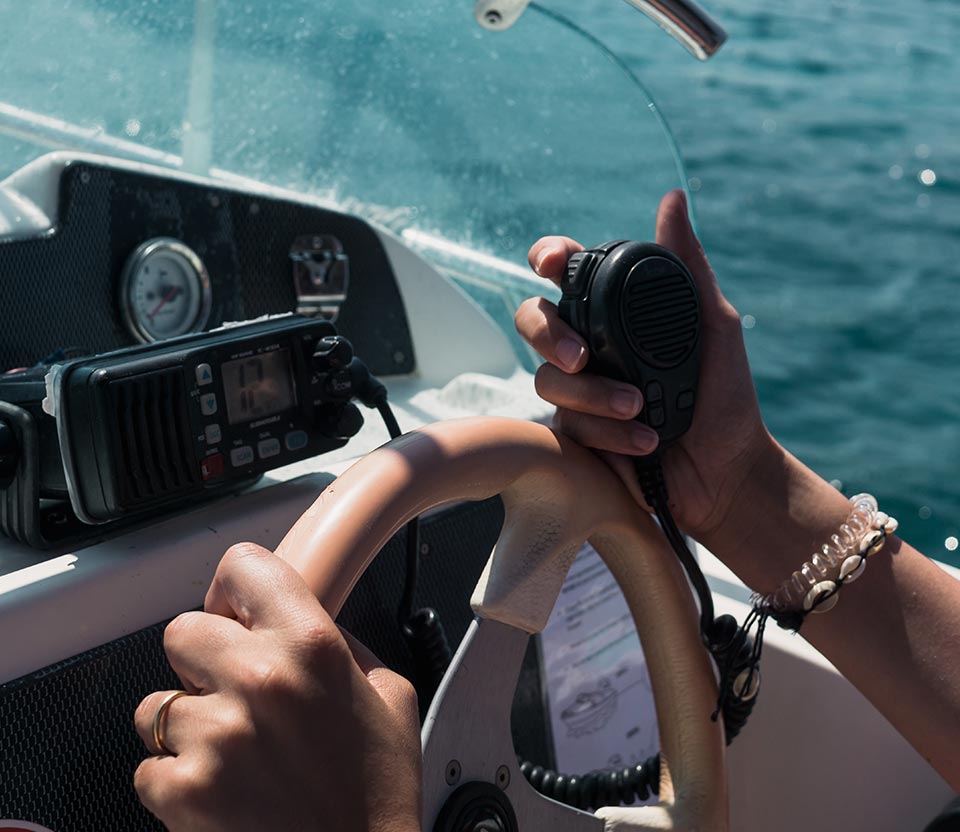
Part 2: Legal Requirements for Boating Licenses and Education
Welcome back to the second instalment of our series, “Navigating Safe Waters: The Importance of Boating Education and Training”. Today, we’re setting our compass towards understanding the legal requirements for boating licenses and education.
Being a responsible boater means understanding and adhering to these legal requirements. They ensure that all seafarers, whether novices or seasoned sailors, have the necessary knowledge and skills to navigate their vessels safely and responsibly. In this article, we’ll navigate through the legal landscape of boating licenses and education, the process of obtaining a license, and the penalties for non-compliance.
Let’s hoist the sails and embark on this journey.

The legal requirements for boating licenses and education can vary significantly from one location to another. This variation exists not only between different countries but also within different states or regions within the same country. Therefore, it’s crucial for every boater to understand the specific requirements of the area they plan to navigate.
For instance, in the United States, many states require safety certificates to operate power craft. However, the specifics of these requirements differ from state to state. In contrast, in Europe, the situation is even more complex with international regulations mainly affecting sailing outside territorial waters. Once inside territorial waters, local country rules apply. Some countries even recognize an International Certificate of Competence (ICC), which can be obtained by showing your national permit and paying a fee.
Understanding these local regulations is essential for several reasons. It ensures you are operating within the law, helps ensure your own safety and the safety of others, and allows you to plan your boating activities effectively.
Now, let’s dive into the process of obtaining a boating license. This process is a crucial step in ensuring safety on the water. It involves gaining a comprehensive understanding of boating operations, navigation, emergency procedures, and legal aspects, typically through a boating safety course. The steps generally involve education, examination, application, and finally, the issuance of the license. Education plays a pivotal role in this process, equipping you with the knowledge and skills to navigate the waters safely.
However, the specific process and requirements for obtaining a boating license can vary by location. Therefore, it’s important to check with local authorities or a local boating safety organisation to understand the exact steps you need to take.
As we sail further into the realm of boating laws and regulations, it’s crucial to understand the consequences of non-compliance. Operating a boat without a valid license or without the proper education can lead to serious penalties, including hefty fines, suspension of boating privileges, and in some cases, even imprisonment. Non-compliance can also lead to increased insurance premiums and the potential cost of accidents due to lack of knowledge or skills.
In conclusion, the penalties for non-compliance underscore the importance of obtaining a boating license and proper education. They serve as a stark reminder that boating is a responsibility that should be taken seriously.
As we conclude this part of our series, we reflect on the importance of understanding and adhering to boating laws. It’s not just a legal requirement, but a moral one. It’s about ensuring the safety of ourselves, our passengers, and other boaters. It’s about respecting the waterways that bring us so much joy and adventure.
Looking ahead, we’re excited to delve into the link between proper maintenance and overall safety in the next part of our series. We’ll explore how regular maintenance can prevent accidents, enhance performance, and extend the life of your boat. So, stay tuned as we continue our journey through the world of boating education and training. Until then, smooth sailing!




